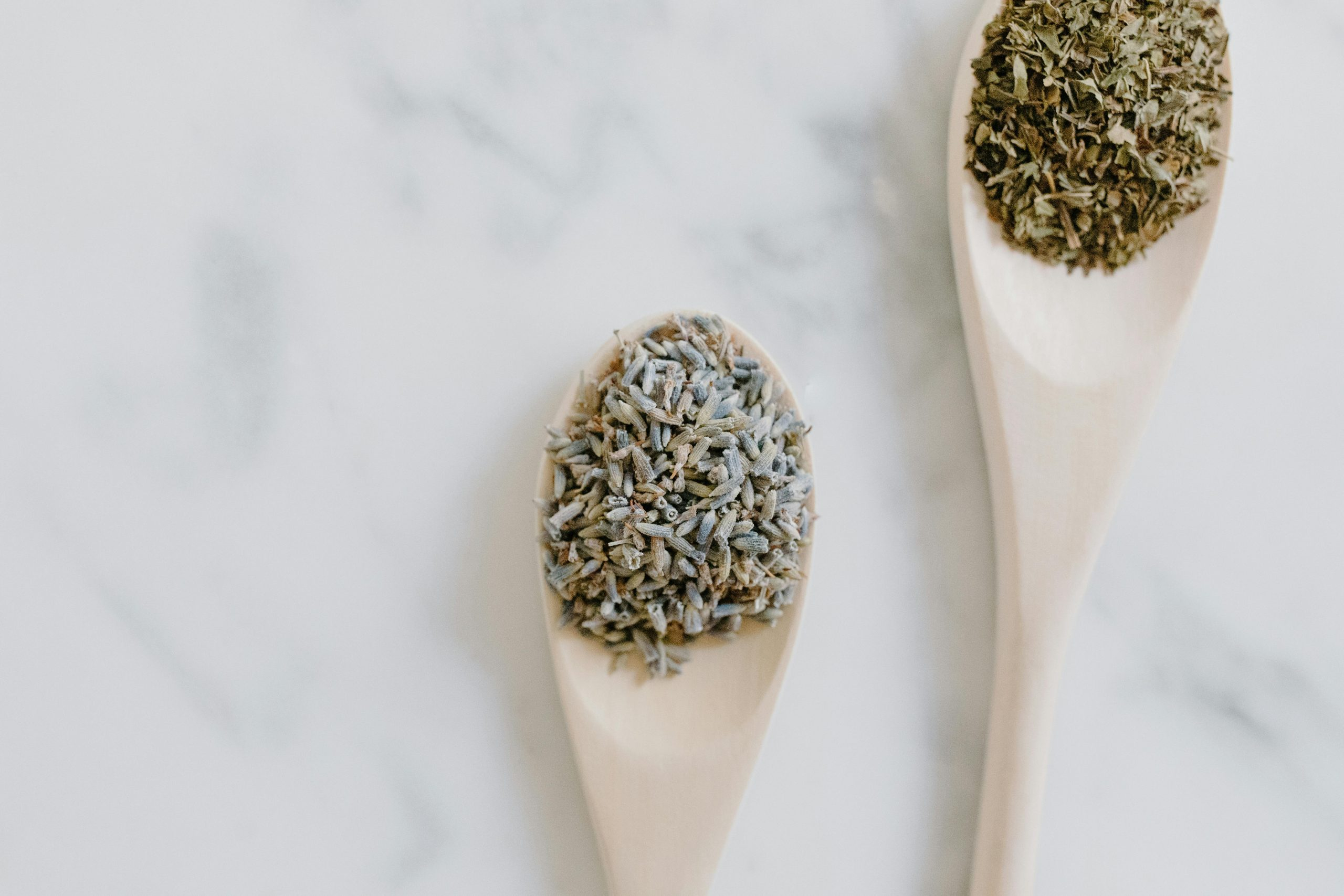Protecting Your Health: Essential Tips for Kitchen Sanitation
The kitchen is the heart of every home, where delicious meals are cooked and cherished memories are made. But while we focus on creating tasty dishes, it is important to also pay attention to the cleanliness and sanitation of our kitchen. A clean and hygienic kitchen is essential for protecting our health and that of our loved ones. In this article, we will discuss essential tips for kitchen sanitation, ensuring that your kitchen is a safe and healthy environment for cooking and eating.
The Importance of Kitchen Sanitation
Before we dive into the tips, let’s first understand why kitchen sanitation is so important. Our kitchen is a breeding ground for bacteria, viruses, and other pathogens that can cause foodborne illnesses and infections. With the rise of antibiotic-resistant bacteria, it is now more crucial than ever to maintain a clean and sanitized kitchen to prevent the spread of harmful microorganisms.
Apart from protecting us from illnesses, a clean kitchen also helps in preserving the quality and taste of our food. Bacteria and other contaminants can lead to spoilage and result in food wastage. By practicing proper kitchen sanitation, we can extend the shelf life of our food and save money.
Cleanliness is Key
Wash Your Hands Regularly
The first and most important step in maintaining kitchen sanitation is to wash your hands regularly. Our hands come into contact with different surfaces and objects, making them a breeding ground for germs. Before and after handling food, it is crucial to wash your hands for at least 20 seconds with soap and warm water. This simple act can prevent the spread of harmful bacteria and keep our food safe.
Keep Surfaces Clean
Kitchen surfaces such as countertops, cutting boards, and appliances can harbor bacteria and other contaminants. It is essential to clean these surfaces regularly with hot, soapy water and a disinfectant cleaner. This will not only remove any visible dirt but also kill any harmful bacteria. Remember to also clean and disinfect kitchen tools and utensils after each use.
Tackle the Trash
Garbage piling up in the kitchen can attract insects, rodents, and other pests, which can spread diseases and contaminate our food. Emptying and properly disposing of the trash regularly is essential in maintaining a clean and healthy kitchen. Also, make sure to clean and disinfect the trash can regularly to prevent the accumulation of bacteria and foul odors.
Safe Food Handling
Separate Raw and Cooked Foods
Raw meat, poultry, and seafood can contain harmful bacteria that can spread to other foods if not handled properly. It is essential to keep raw and cooked foods separate to avoid cross-contamination. Use separate cutting boards and utensils for raw and cooked foods, and always wash your hands after handling raw meat or poultry.
Cook Food to the Right Temperature
To ensure that harmful bacteria are killed, it is essential to cook food to the right temperature. Invest in a food thermometer and make sure to cook meat, poultry, and seafood to their recommended internal temperatures. This will prevent the risk of foodborne illnesses and ensure that your food is safe to eat.
Store Food Properly
Storing food at the right temperature is crucial in preventing the growth of harmful bacteria. Perishable foods should be stored in the refrigerator at or below 40°F and leftover foods should be consumed within 3-4 days. Make sure to label and date all food items to keep track of their shelf life and avoid consuming spoiled food.
Extra Tips for a Clean and Healthy Kitchen
Change Kitchen Towels and Sponges Regularly
Kitchen towels and sponges can quickly become a breeding ground for bacteria if not changed regularly. Make it a habit to change your kitchen towels and sponges at least once a week, and always use a clean one when handling food.
Keep Your Pets Away
As much as we love our furry friends, they can also bring in dirt and bacteria from outside. Keep your pets out of the kitchen while handling and preparing food to prevent any contamination. Also, make sure to clean and disinfect any surfaces that your pets may have come into contact with.
Regularly Inspect Your Kitchen
Make it a habit to regularly inspect your kitchen for any signs of pests, leaks, or other potential issues. These can not only compromise the sanitation of your kitchen but also lead to larger problems if not addressed promptly.
By following these essential tips for kitchen sanitation, you can ensure that your kitchen remains a clean and healthy environment for cooking and eating. Remember, a little effort in maintaining kitchen hygiene can go a long way in protecting your health and that of your loved ones. Happy cooking!










